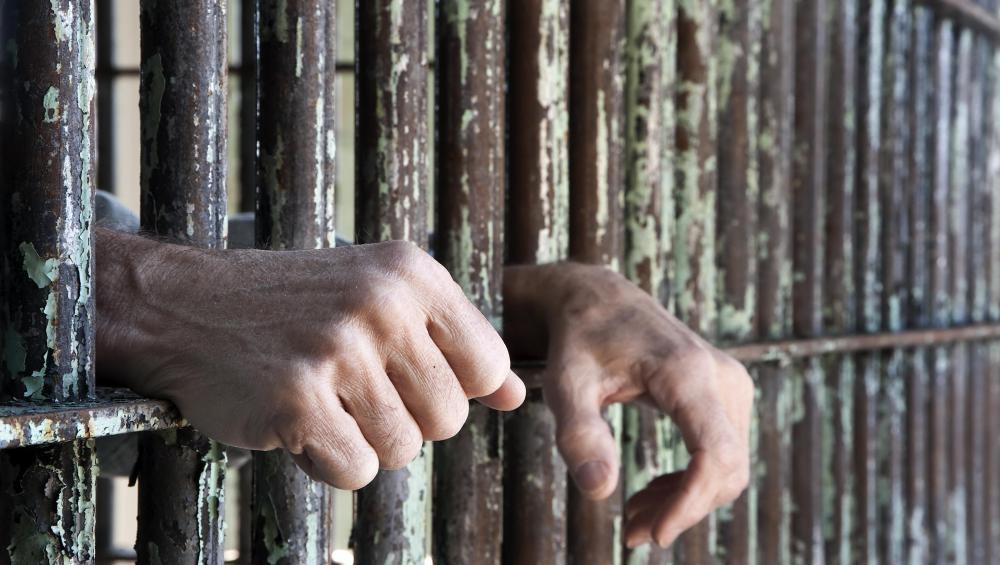At WiseGEEK, we're committed to delivering accurate, trustworthy information. Our expert-authored content is rigorously fact-checked and sourced from credible authorities. Discover how we uphold the highest standards in providing you with reliable knowledge.
What is an Enemy Combatant?
In the original sense of the term, an enemy combatant is any member of an opposing country's military or organized militia unit. A young boy throwing rocks at tanks may even be considered to be a combatant, though he does not wear a uniform or belong to a formal militia. During times of war, these people may be considered lawful or unlawful, a distinction which can have a noticeable effect their treatment if captured.
A uniformed soldier captured on the battlefield is considered a lawful enemy combatant under the rules of engagement. The soldier's membership in his or her country's military could be verified, and any weapons he or she carried would be worn openly. A lawful enemy combatant is eligible for all of the benefits of a prisoner of war, as defined by the Third Geneva Convention. Regular meals would be provided, along with medical attention, regular visits by the Red Cross and access to mail, although it may be censored.

If a captured fighter is found to be an unlawful enemy combatant, such as a spy or mercenary, then he or she typically does not qualify for prisoner of war benefits. The Fourth Geneva Convention provides some protections for civilians attached to the war effort, but the military may consider these captives to be too dangerous for the general population of a prison camp. These unlawful combatants may also have sensitive information that might only be divulged under rigorous interrogation tactics.

The working definition of enemy combatant changed rather dramatically following the terrorist attacks on September 11, 2001. In the months immediately following the attacks, President Bush invoked a number of rights under a longstanding War Powers Act. One of those rights was to define a captured member of either Al Qaeda or the Taliban, two of the most prominent terrorist organizations, as combatants. Since members of those organizations do not wear uniforms or belong to a recognized state's military, they are not considered lawful combatants. Therefore, any such person given this status by the United States military would not be eligible for prisoner of war protection under the Third Geneva Convention.

This use of the enemy combatant loophole in the Geneva Treaty has proven to be controversial. Several Al Qaeda senior leaders believed to be responsible for planning the 9/11 attacks were held in secret prisons throughout the world and interrogated through legally questionable means. President Bush insisted that these men's status allowed the military more leverage, but the Supreme Court later ruled that the captured Al Qaeda members should have been given prisoner of war protection under the Third Geneva Convention. The military eventually transferred these prisoners to Guantanamo, Cuba, the site of an existing prison camp for detained enemy combatants.

An enemy combatant is entitled to face a military tribunal concerning his or her wartime activities. Debates over the legal status of these people have made it very difficult to conduct timely military tribunals. It appears that they can be imprisoned until all hostilities have ceased, which in the case of the war against terrorism could be indefinitely.
AS FEATURED ON:
AS FEATURED ON:














Discussion Comments
Actually the Taliban always qualified as unlawful enemy combatants. What was controversial is the declaration of war against a non-state actor. It should be more like a police action, rather than an "us vs. them" conflict.
This is a good example of the common US attempt to contort the meaning of legal terms for its own use. The meaning of "combatant" did not change under international law on Sept 11, 2001. Further, the domestic War Powers Act does not have any power to amend international law.
Post your comments